The "Beijing Forum 2023: Unified Health and Innovation Ecosystem" was held at the Stanford Center at Peking University on November 4, 2023. It was jointly organized by the Beijing Forum, the Institute for Global Health and Development (IGHD), and the China Chamber of Commerce for Import and Export of Medicines and Health Products (RDPAC). The forum was centered around the concept of "Unified Health." Experts and scholars engaged in academic exchanges through keynote speeches and roundtable discussions with attendees onsite and online.
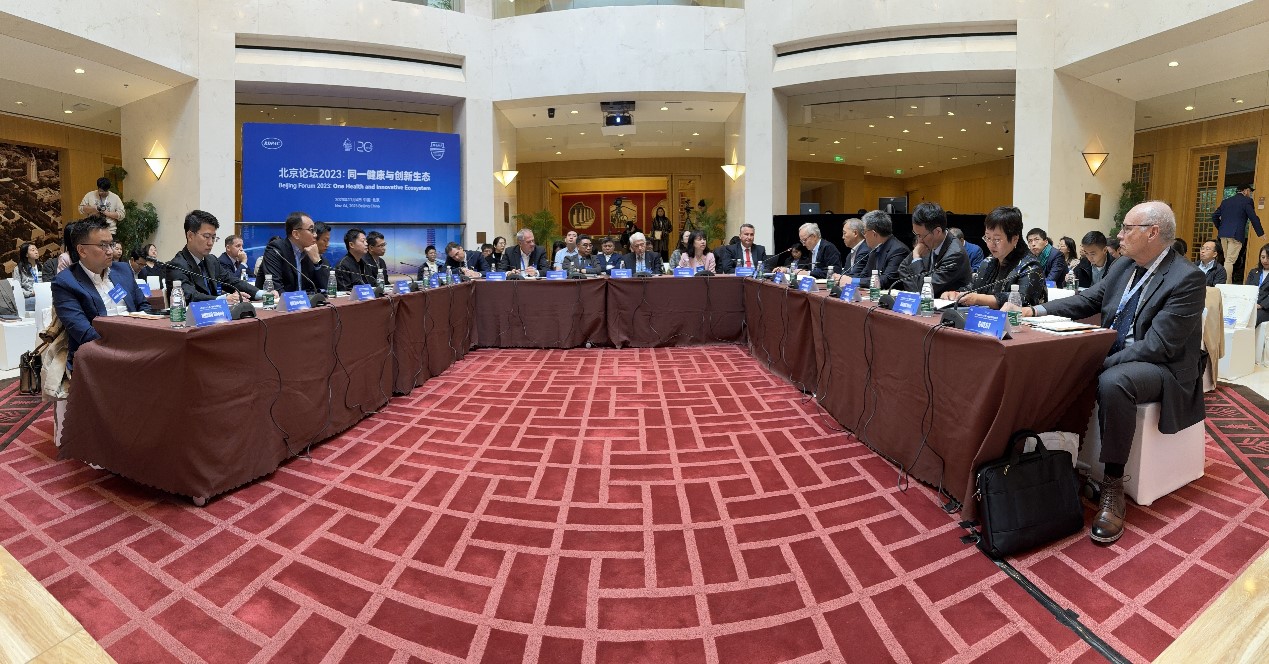
The first session, themed "Unified Health and Innovation Ecosystem," was chaired by Professor Qin Xuezhen, Associate Dean of the School of Economics at Peking University and Associate Dean of the Peking University Global Health Development Institute. Professor Liu Guoen, Director of IGHD and member of the Chinese Academy of Medical Sciences, and Professor Lei Xiaoyan, Director of the Academic Committee of the National Development Institute of Peking University and Changjiang Scholar Distinguished Professor appointed by the Ministry of Education, delivered the opening remarks.
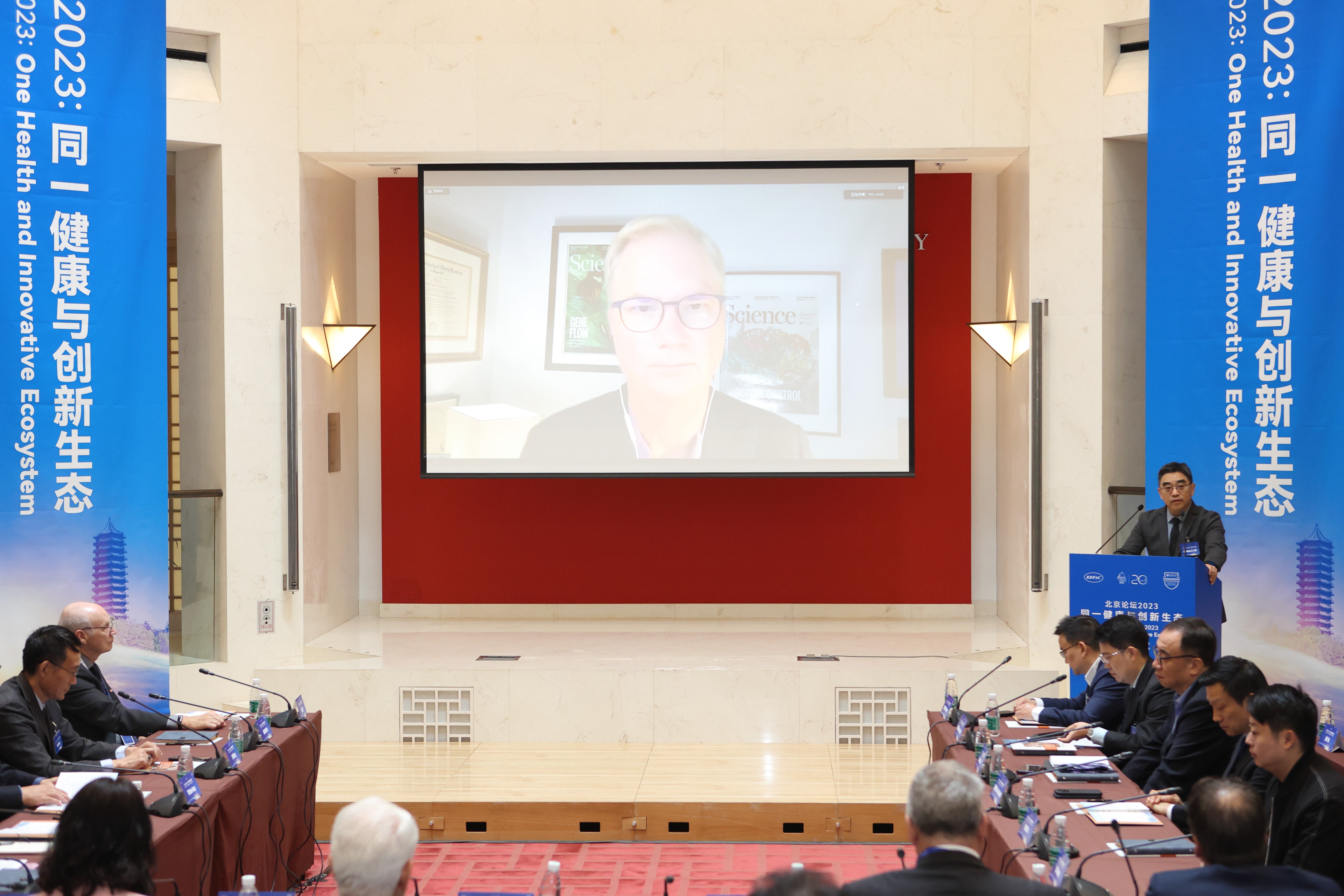
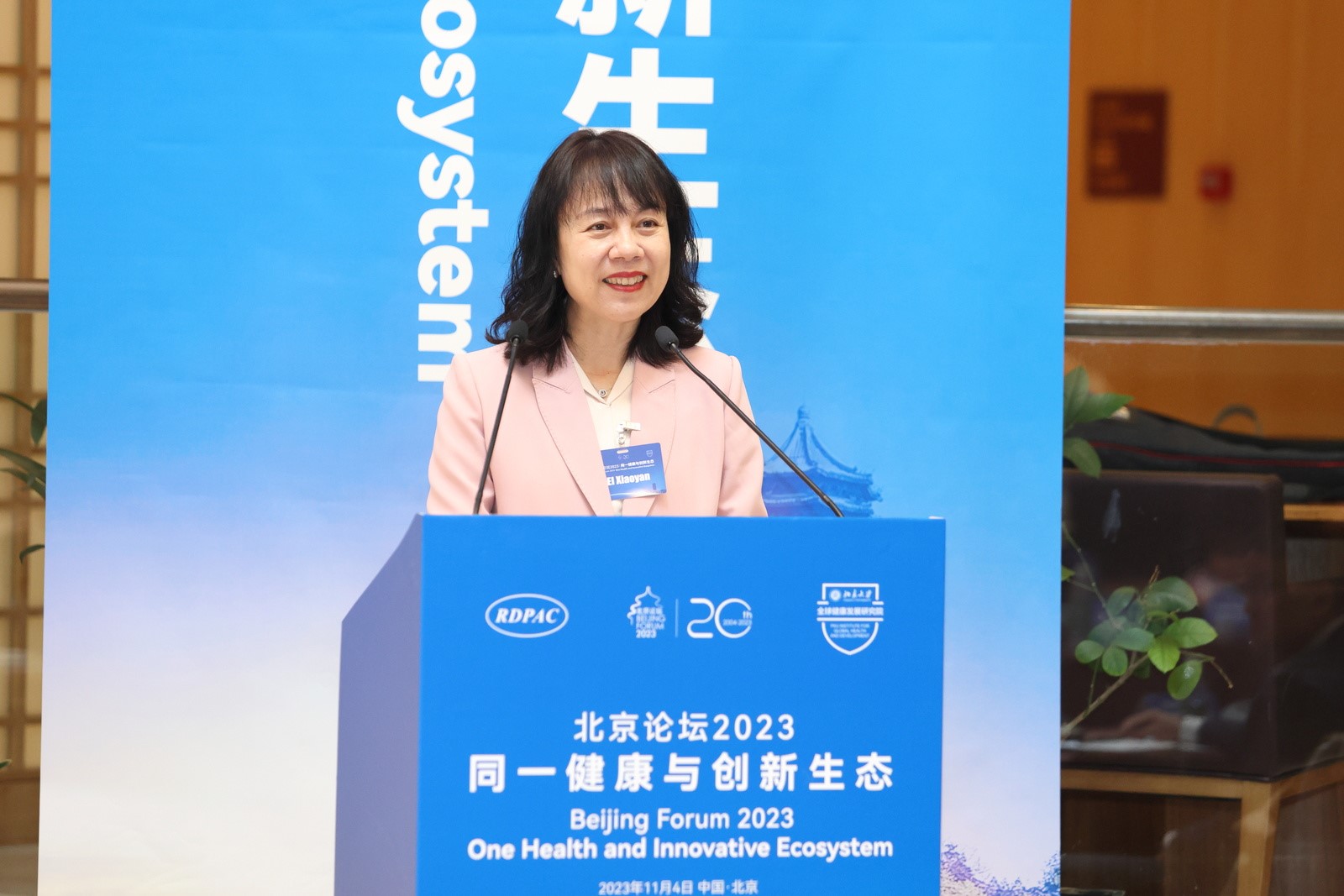
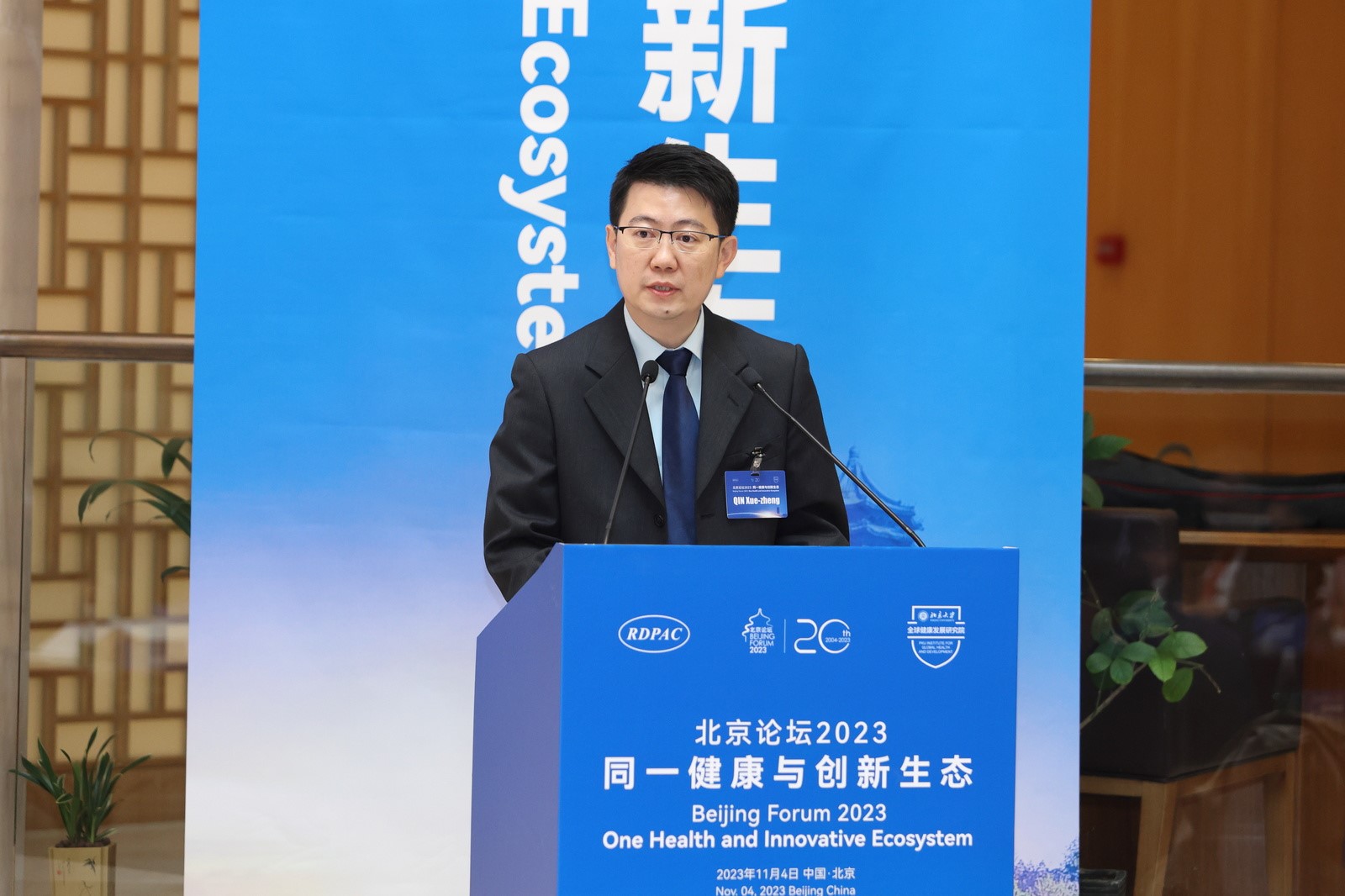
Following that, Professor Gene Block, President of the University of California, Los Angeles (UCLA), delivered a keynote speech. He emphasized three important aspects that higher education researchers should focus on in advancing global health development: interdisciplinary collaboration and international cooperation, community engagement, and integration of global experiences with local characteristics. He concluded by stressing the importance of freely sharing information and resources in addressing significant health challenges.
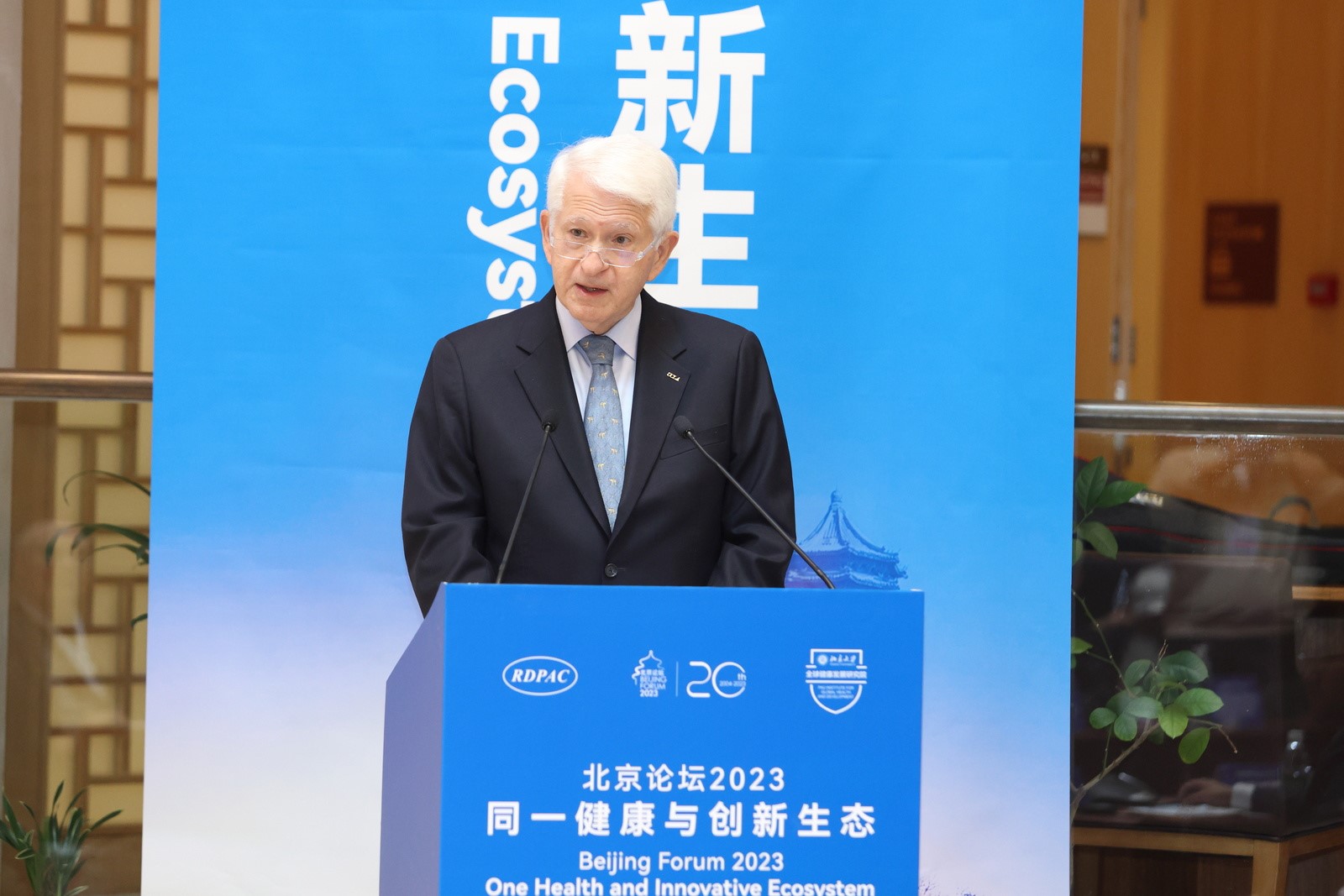
Professor Holden Thorp, Editor-in-Chief of Science , delivered a keynote speech titled "Getting Health Information Out Accurately: Why International Collaboration is More Important Than Ever." He emphasized the importance of scientific collaboration, stating that scientists' role is to demonstrate that we have a self-correcting system capable of overcoming human biases. This system enables mutual supervision and self-monitoring in a way that ultimately reaches a consensus, thus enhancing trust in scientists.

Dr. Jean-Christophe Pointeau, President of Pfizer China and Chairman of the Executive Committee of RDPAC delivered a keynote speech on "Key Factors and Prospects for
Promoting the Development of Medical Innovation in China." He pointed out hat the development of precision medicine drugs contributes to promoting cancer and chronic disease treatment and prolonging patient survival. He also highlighted that China is the world's second-largest market for innovative drugs. In recent years, the shortened approval time for new drugs and the improvement of medical insurance reimbursement systems have further stimulated China's market potential. He called for multi-party cooperation among the government, academia, hospitals, and pharmaceutical companies to further promote medical innovation.
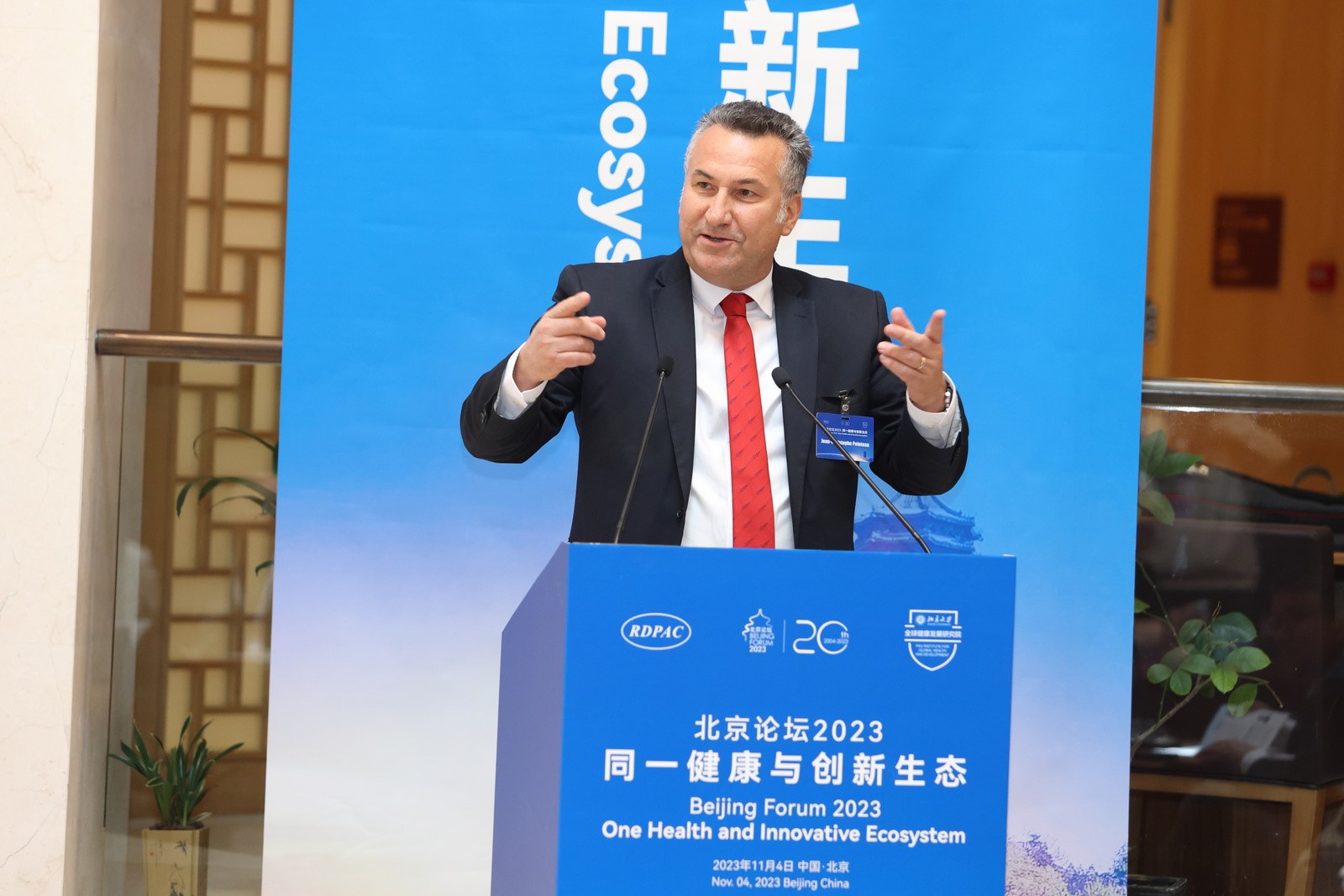
During the roundtable discussion, Dr. Bernhard Schwartländer, Director of the Office of the Director-General at the World Health Organization, emphasized the concept of "planetary health," which integrates life and health with the natural systems they depend on for survival. He called for more research to optimize decision-making processes for policymakers.
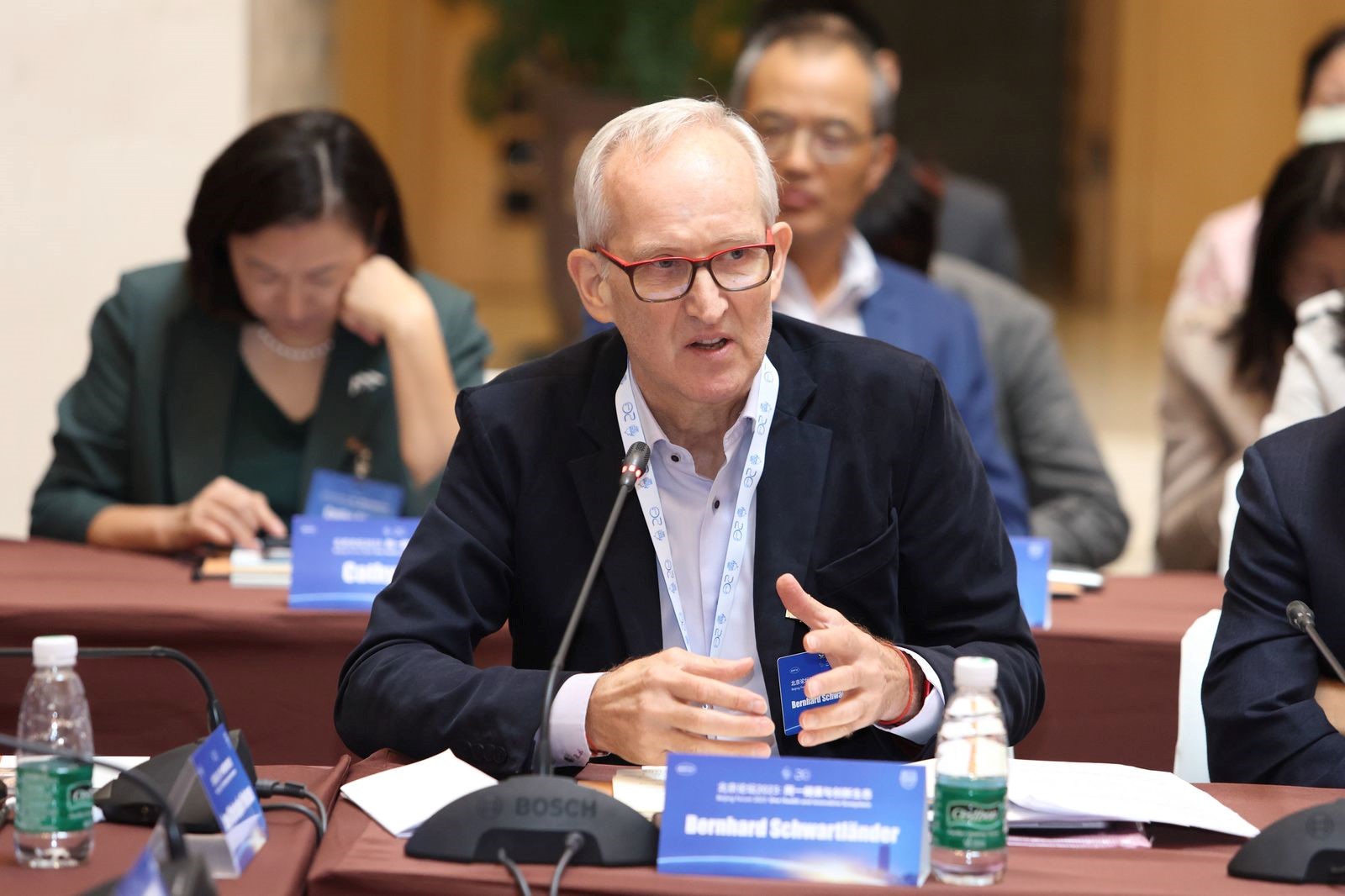
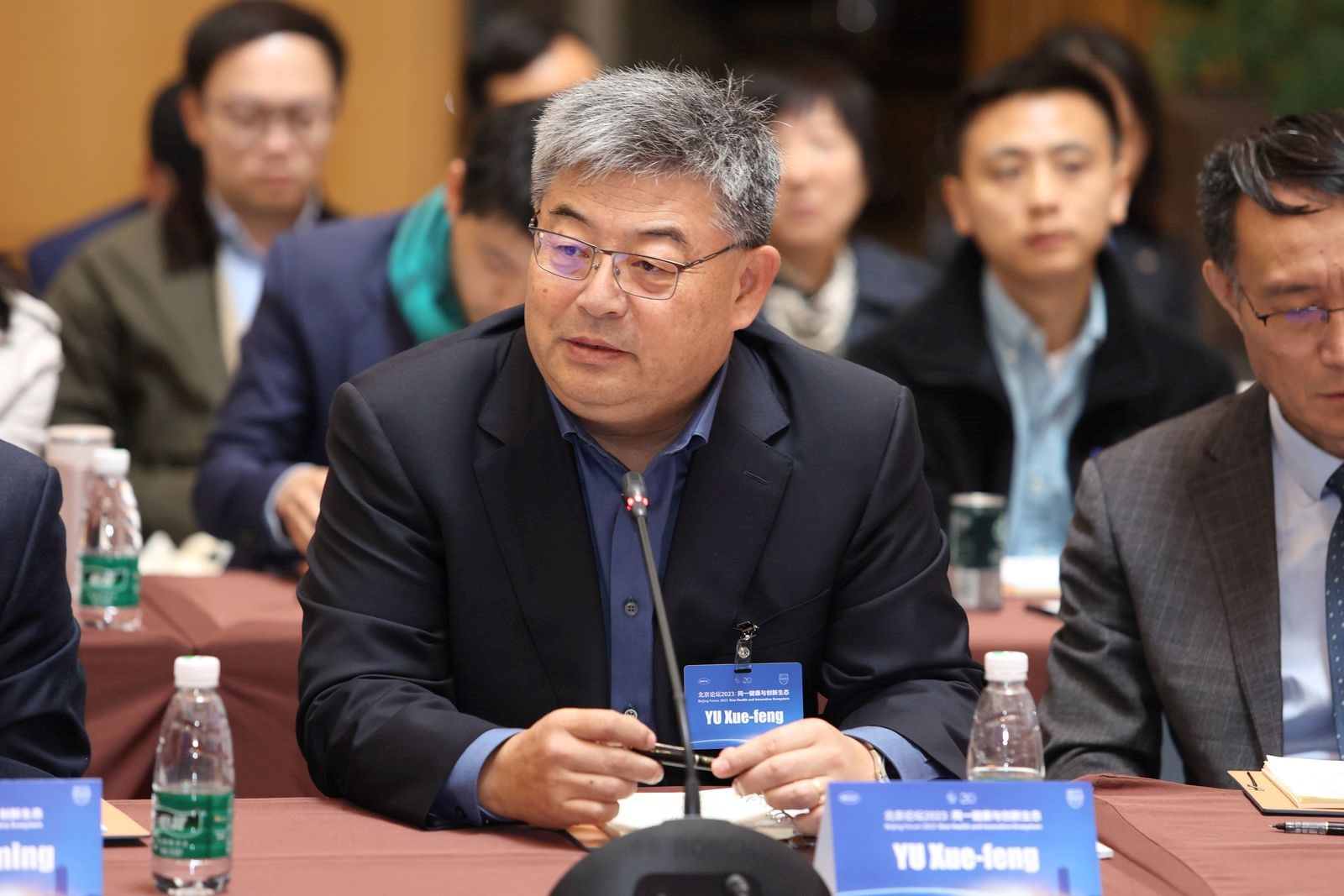
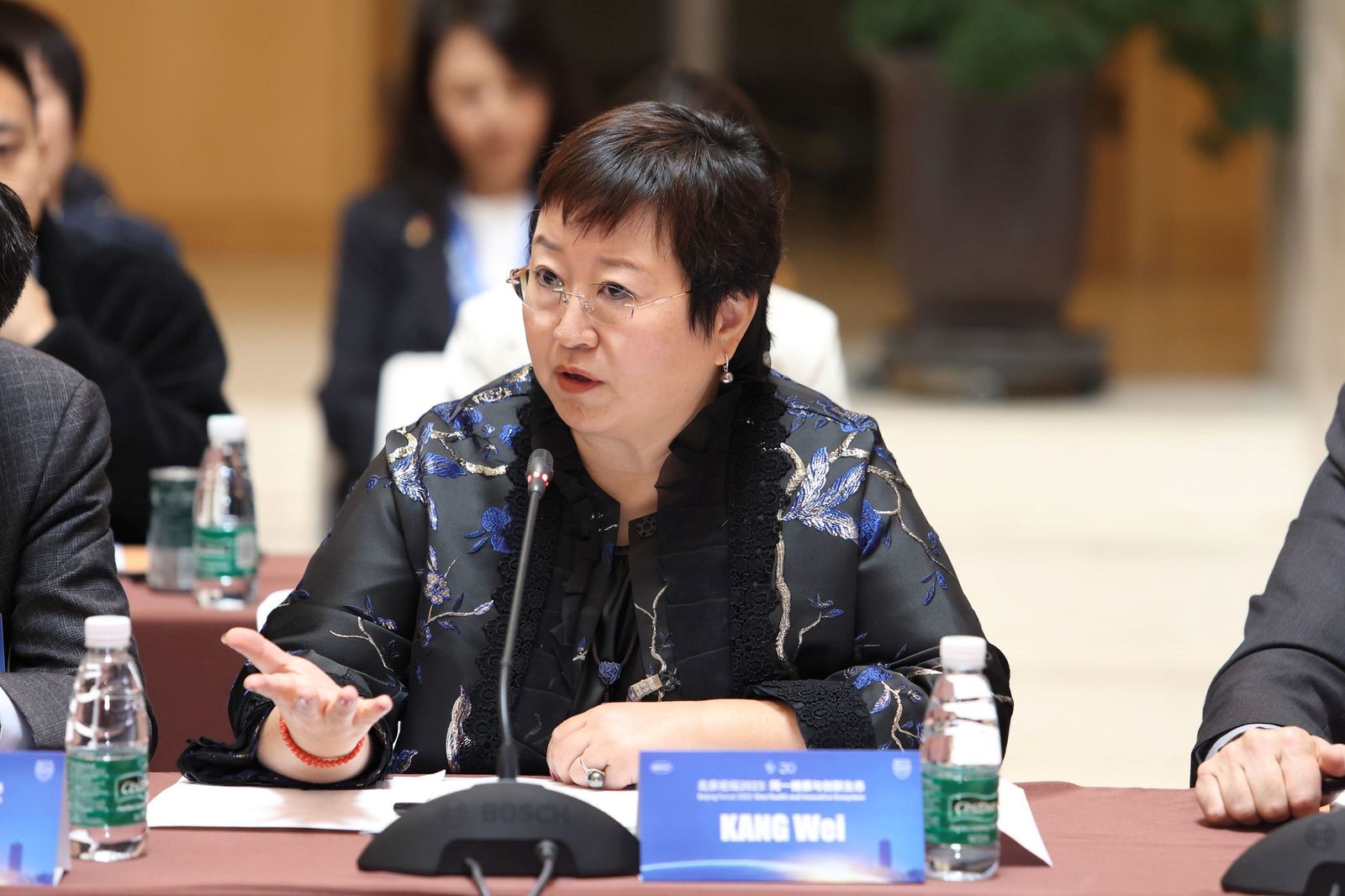
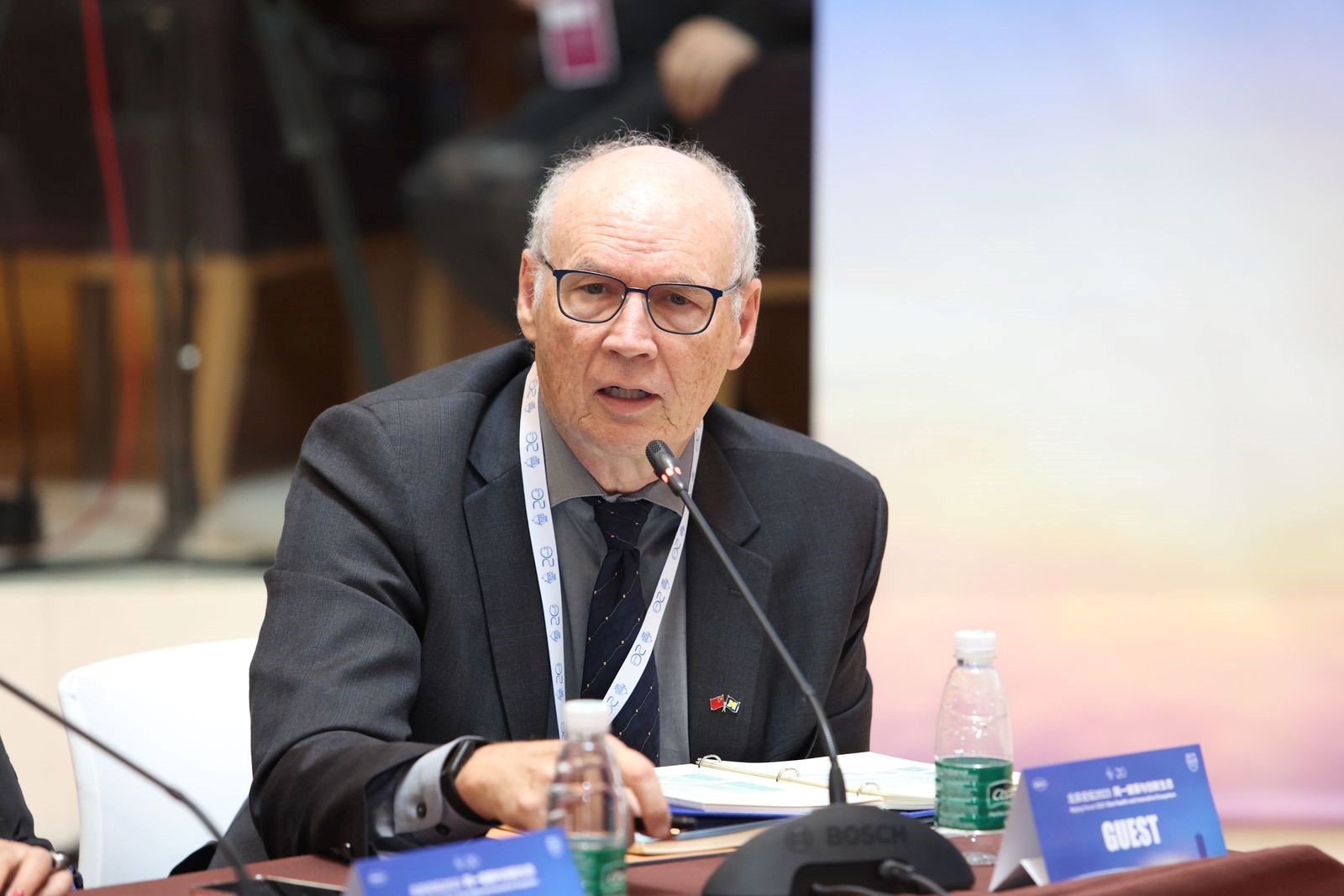
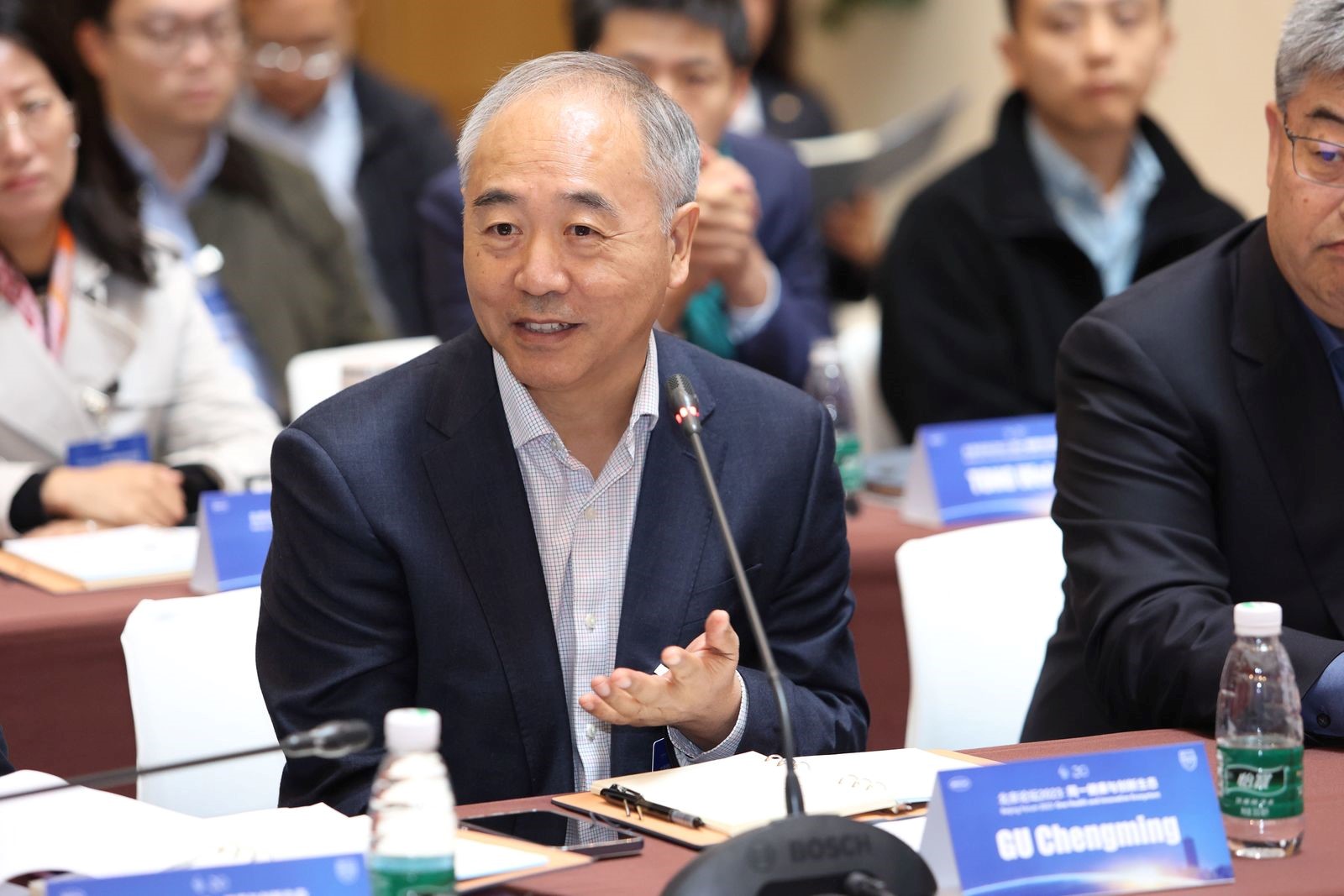
Professor Joseph C. Kolars, Senior Associate Dean for Education, Professor of Medicine, and Director of the Center for Global Health Equity at the University of Michigan, highlighted how international cooperation facilitates connecting leadership with practical workers who create new knowledge. He also shared valuable collaborative practices and outcomes.
Ms. Kang Wei, Executive Advisor of RDPAC, believed that accelerating innovation and increasing investment promotion efforts to attract talent for research are crucial for both China and the global innovation ecosystem.
Dr. Yu Xuefeng, co-founder of CanSino Biologics and Chairman of the Board and CEO of CanSino Biologics Corporation, pointed out that any global issue must be addressed on a global scale, with scientists, governments, and all efforts coordinated harmoniously.
Dr. Gu Chengming, Greater China Medical Head of Sanofi, shared from the perspective of enterprise practice how digital transformation innovations have driven ecosystem changes.
The second session, titled "Digital Technology in Medical Innovation," was chaired by Professor Huang Cheng from IGHD.
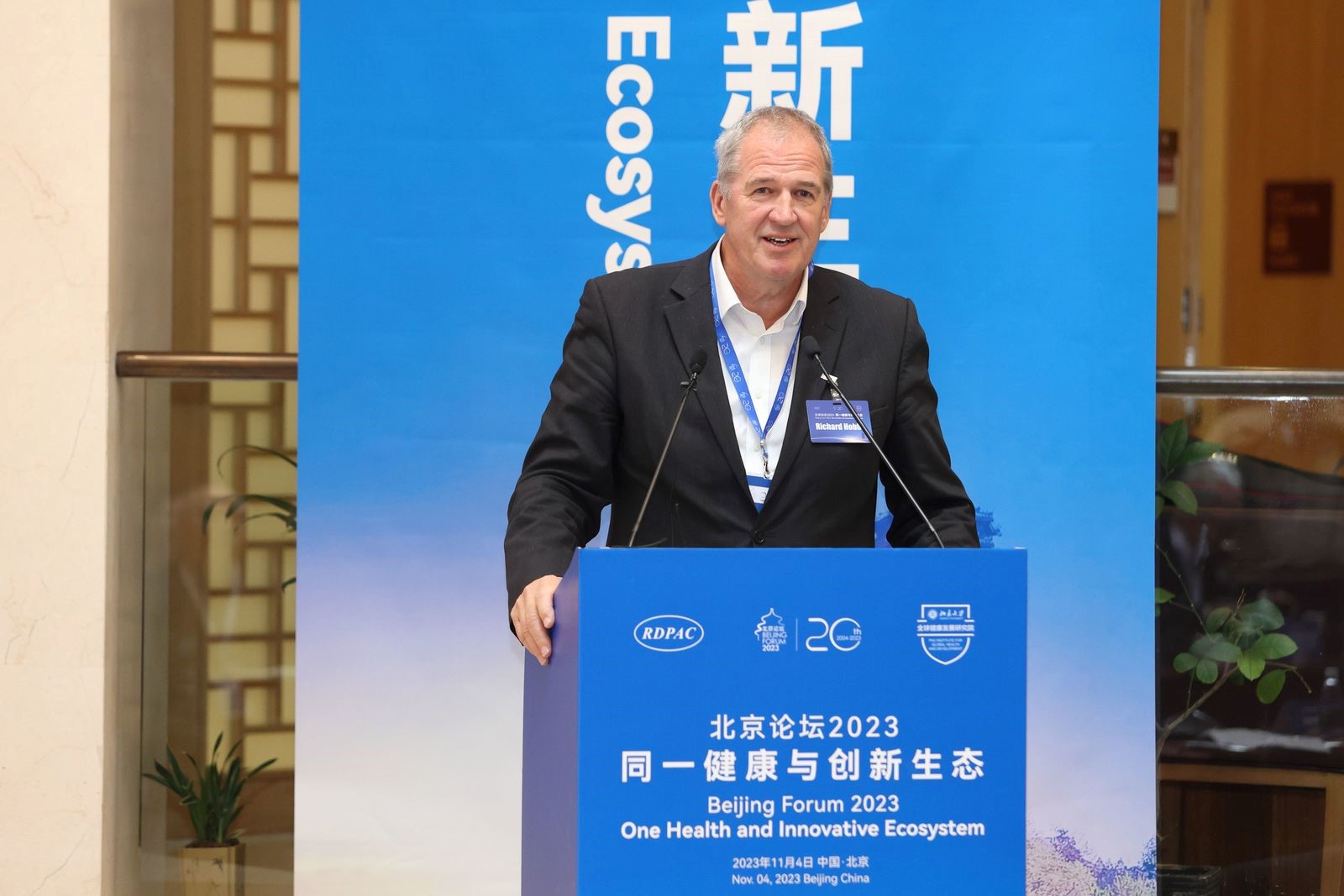
Professor Richard Hobbs, Vice-Chancellor of Oxford University and Director of the Institute of Digital Health delivered a keynote speech on "Exemplifying Precision Medicine through Digital Health Applications." He introduced digital health applications and their role in achieving precision medicine. He highlighted that the analysis of clinical electronic medical record data can not only contribute to digital drug development and algorithm-driven diagnostics but also facilitate integrated digital health-supported clinical pathways and precision public health. Furthermore, it can enable the monitoring and tracking of respiratory diseases, estimation of population disease burden, prognosis and risk estimation of diseases, and guide changes in system, physician, and patient behaviors.
Dr. Brian Miller, Executive Vice President and Chief Digital Officer at Intuitive Surgical in the United States, delivered a keynote speech on the theme "Advancing Healthcare Development through Data, Insights, and Interconnected Behaviors." He emphasized that data is the core of robotic surgery. Interconnecting data, insights, and behaviors can improve clinical outcomes, personalize learning, and optimize surgical procedures. This approach encourages more surgeons to focus on surgical skills and education, establishes effective workflows, and enhances efficiency.
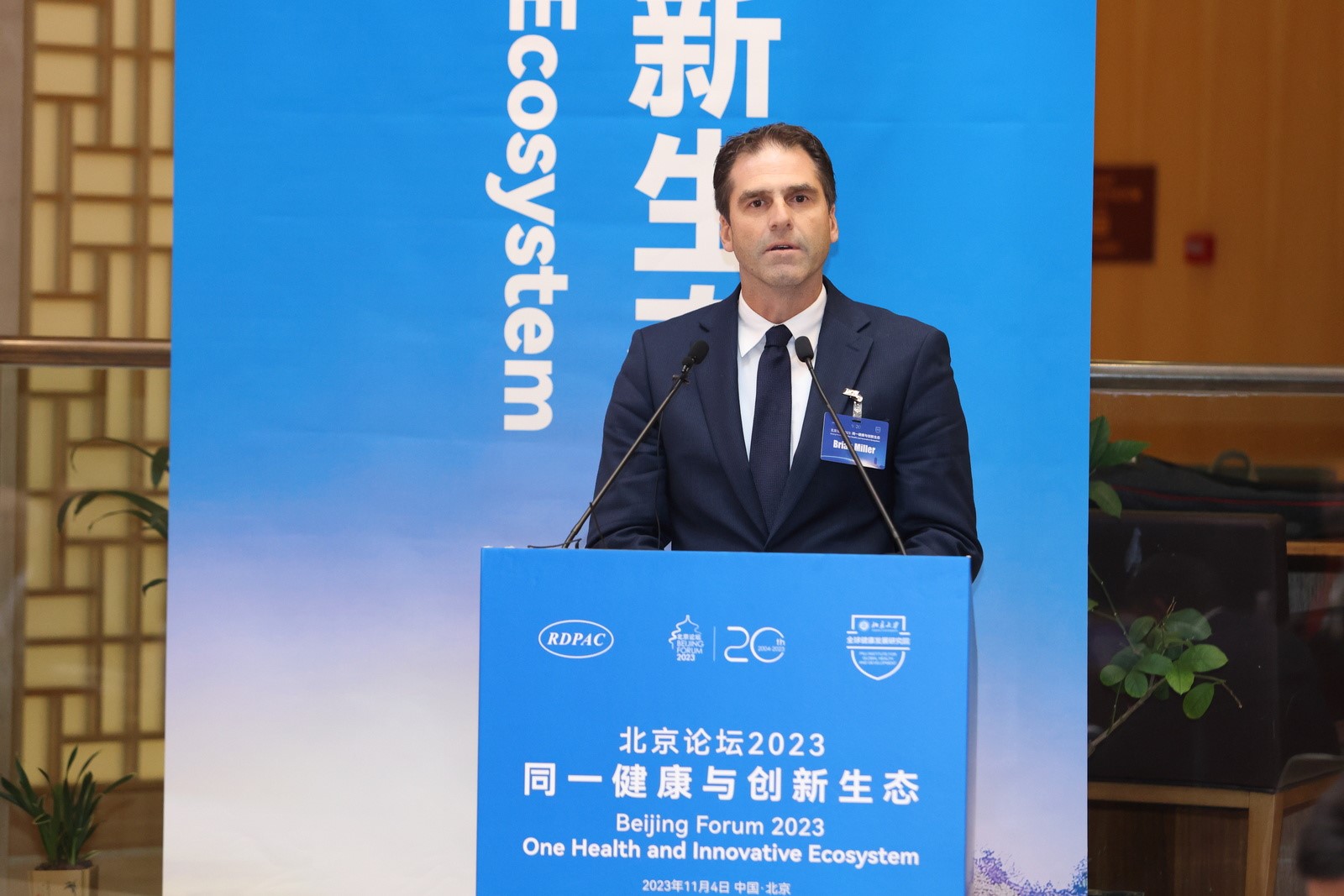
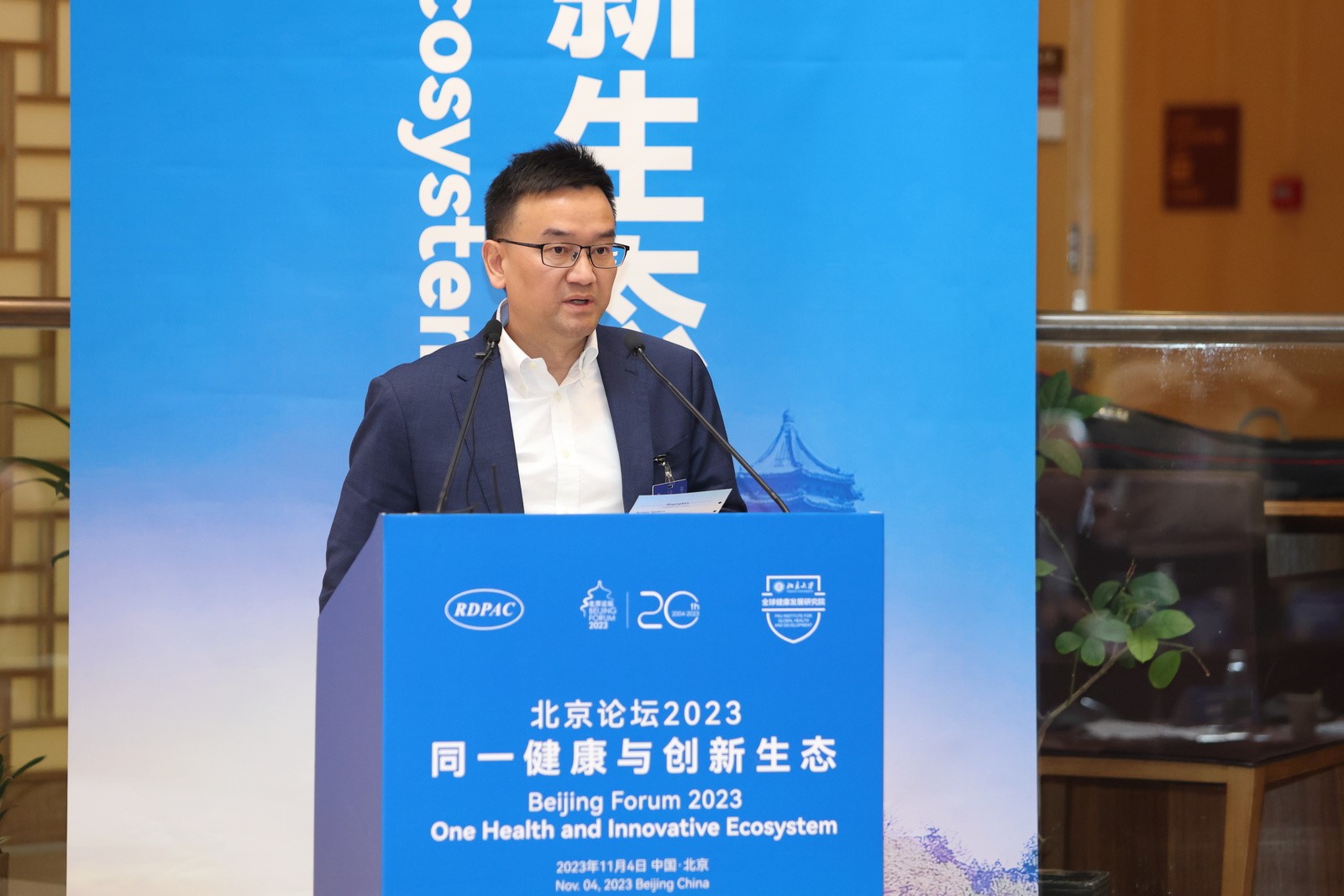
During the roundtable discussion, Professor Liu Rong, Director of Hepatobiliary and Pancreatic Surgery at the Chinese People's Liberation Army General Hospital was represented by Associate Chief Physician Zhang Xuan. Dr. Zhang used the development of robotic surgery technology in China as an example to share Professor Liu’s insights on how digital technology plays a crucial role in medical innovation.
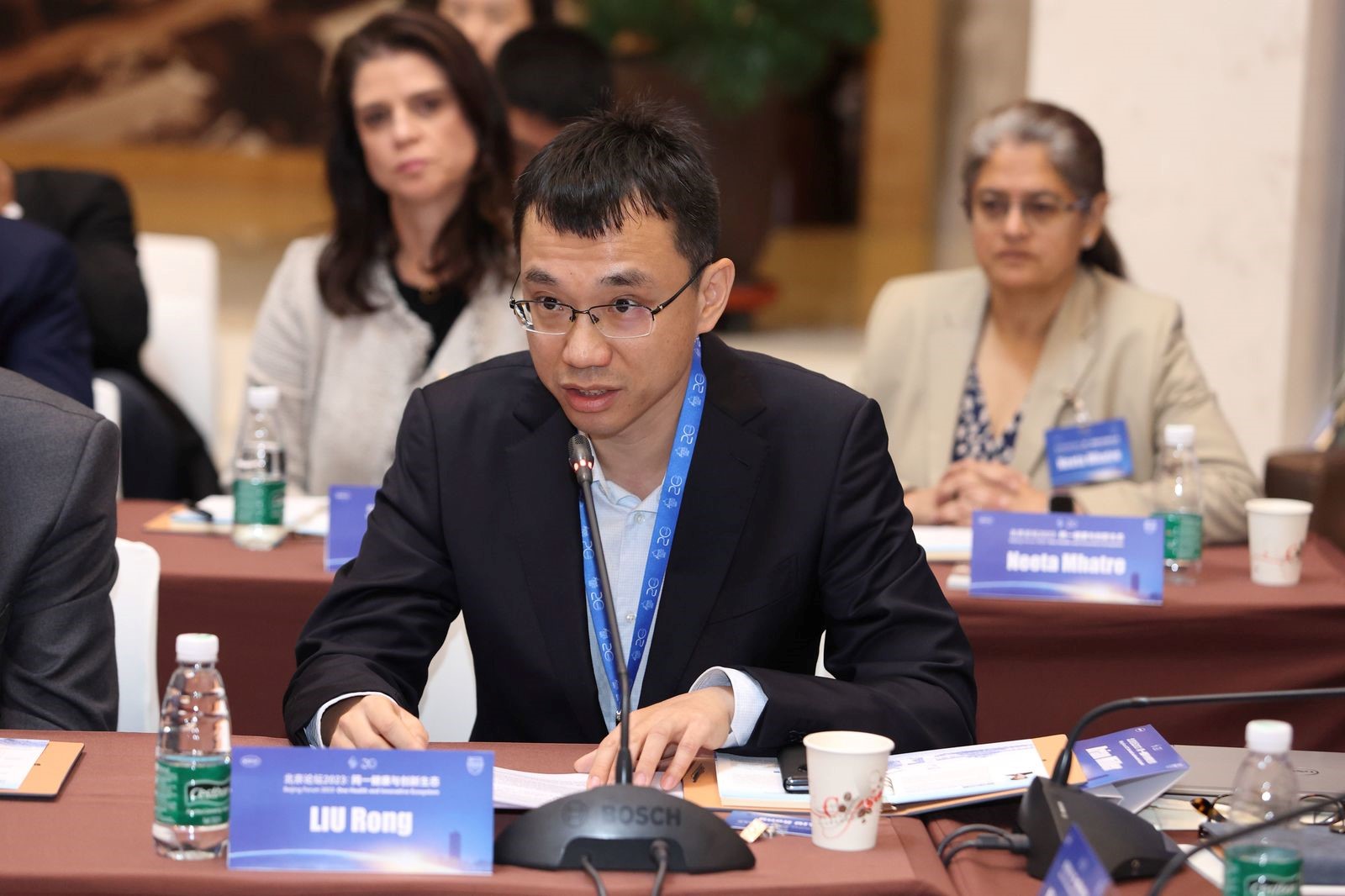
Associate Professor Chen Xi from Yale University, also a part-time professor at IGHD, emphasized the importance of ensuring early access to clinical trials for drug innovation, ensuring downstream companies also benefit from the process.
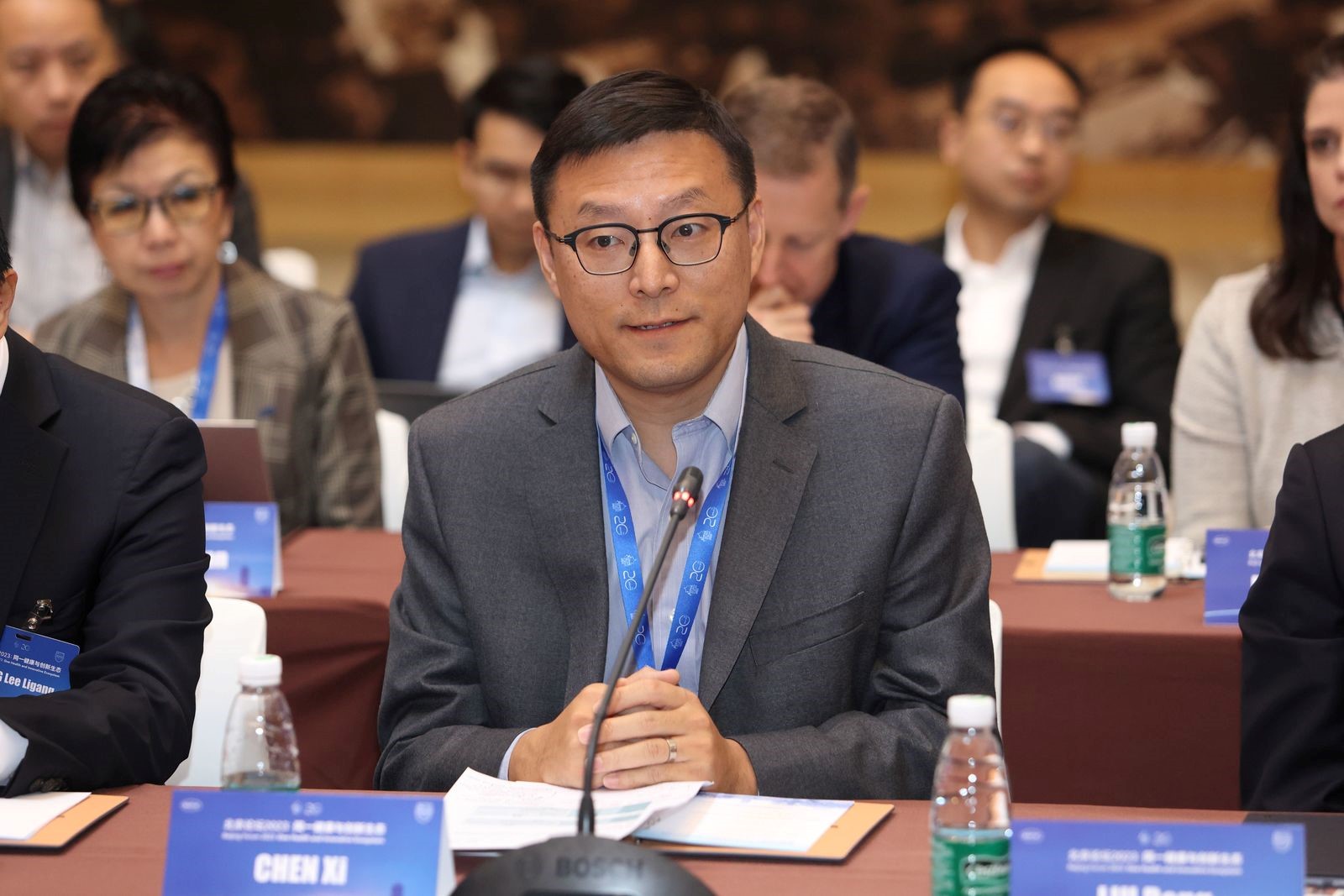
Mr. Zhang Ligang, Founder, Chairman, and CEO of iKang Healthcare Group, elaborated on how artificial intelligence and technological innovation effectively promote population health. He analyzed the future direction of the healthcare system development with case studies.

Mr. Shi Wenzhao, Founder, Chairman, and CEO of Shenzhou Medical Technology Co., Ltd., shared insights on the application of digital technology in medical innovation. He believed that "small models, big applications" are more valuable in application, and that rapid, short-term predictions can better meet clinical needs.
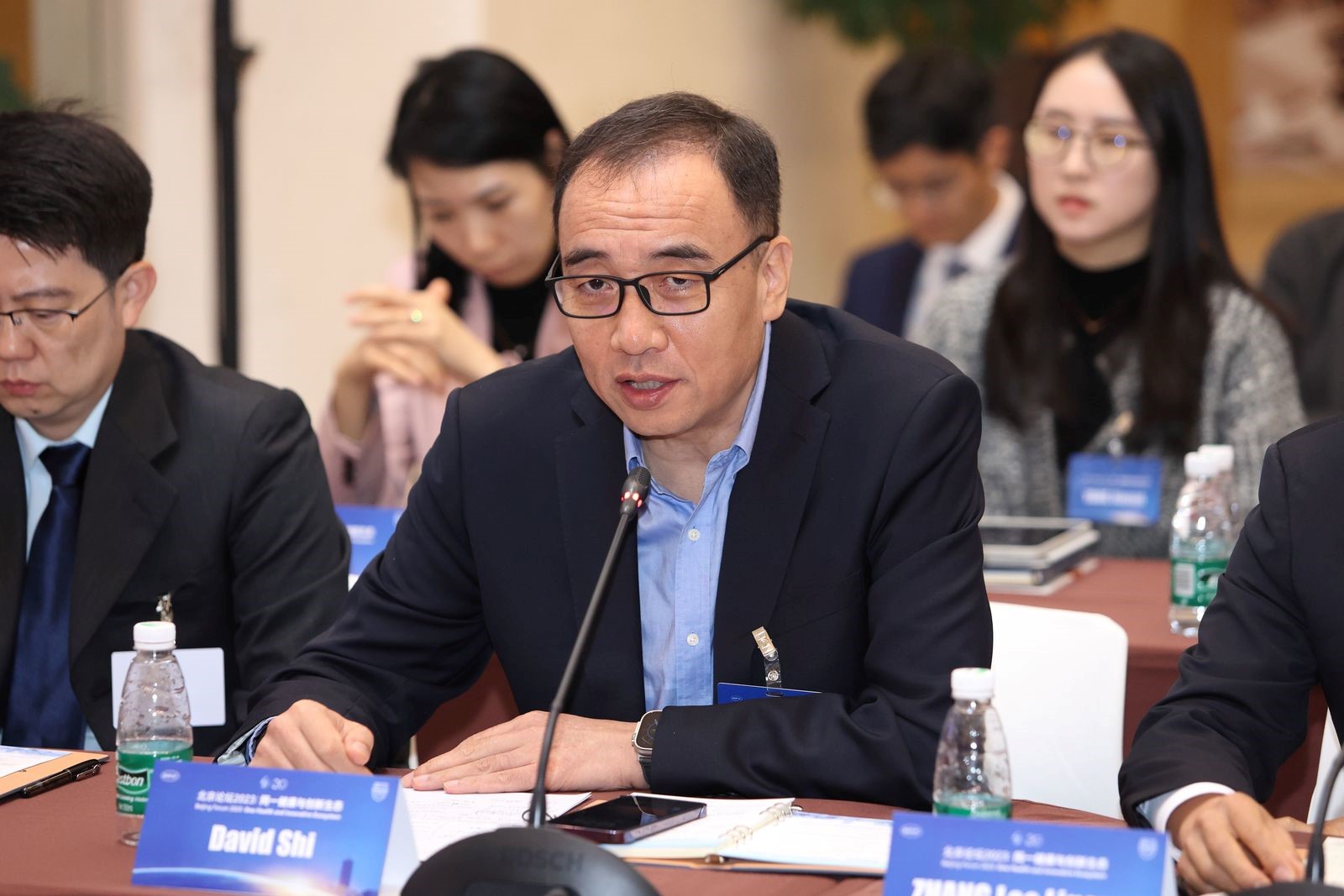
During the closing remarks, Professor Xu Ming, Director of the Global Health Department at the School of Public Health, Peking University, and Associate Dean of IGHD, summarized the discussions at the forum. He stated that health innovation involves developing and providing new, optimized health policies, systems, products, technologies, and services to improve people's health.
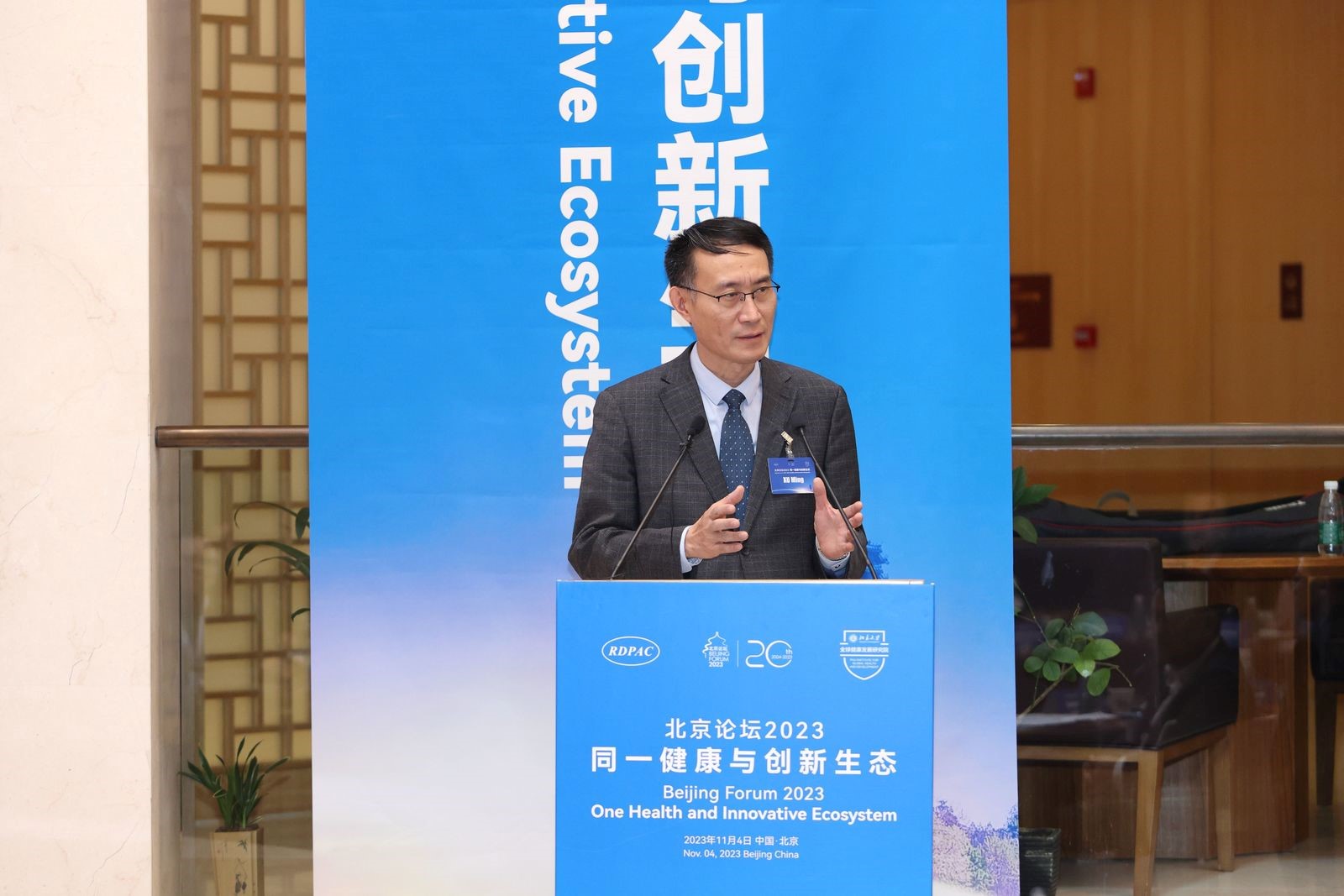
He then elucidated the understanding of "Unified Health" from the perspective of Chinese philosophy, emphasizing that it not only relates to behavior but also embodies the integration of humans with nature.
Finally, he called for all parties to come together and actively participate in health innovation, striving to create a conducive environment for innovation together.
Beijing Forum Description
The Beijing Forum is an international academic conference jointly organized by Peking University, the Beijing Municipal Education Commission, and the Academy of Korean Studies under the guidance and support of the Chinese Ministry of Education and the Beijing Municipal Government. Founded in 2004, the Beijing Forum is held annually. This year marks the 20th session of the Beijing Forum, with over 7,000 politicians and scholars from more than 80 countries and regions participating.
With the theme of "Harmony and Prosperity: Common Goals of Civilizations," the Beijing Forum, relying on Beijing's rich cultural heritage, is committed to promoting the research of global issues in the humanities and social sciences, advancing academic development and social progress worldwide, and contributing to global development. The forum believes that the interaction of different cultures is always the driving force and fundamental guarantee for the progress of society.
Peking University Global Health Development Forum Description
Health is the fundamental goal pursued by humanity and indispensable for creating economic wealth. Development alleviates social determinants of health and promotes health through resource protection. Yet, various burdens caused by health issues are important factors hindering economic and social development. Problems arising from development can also affect social determinants of health and hinder access to health. The intertwined relationship between health and development is the primary issue people face across national borders.
Since its establishment on December 22, 2020, the Peking University Institute for Global Health and Development has been hosting the "Peking University Global Health Development Forum" annually. It invites senior experts within China and abroad to share and discuss academic research and policy practices, explore new models of disease prevention and control, healthcare services, and health management, discuss challenges posed by diseases, climate, and environmental changes, and promote reforms in the global health governance system and health diplomacy.
(Interpreted by Waverly Shi)